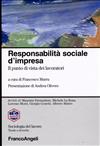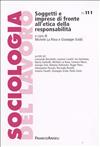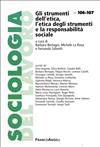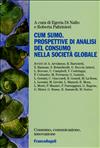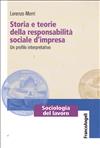
Un profilo interpretativo
Una breve storia del fenomeno ideologico della responsabilità sociale d’impresa (RSI), uno sguardo al “volto buono” del capitalismo novecentesco e contemporaneo, a quel processo di formazione di idee e immagini di sé mediante cui l’impresa (con il contributo degli specialisti di scienze manageriali), attraverso il XX secolo e oltre, ha dialogato con la società, risposto alle sue richieste di giustificazione e infine preteso di consacrare se stessa.
cod. 1529.2.108

